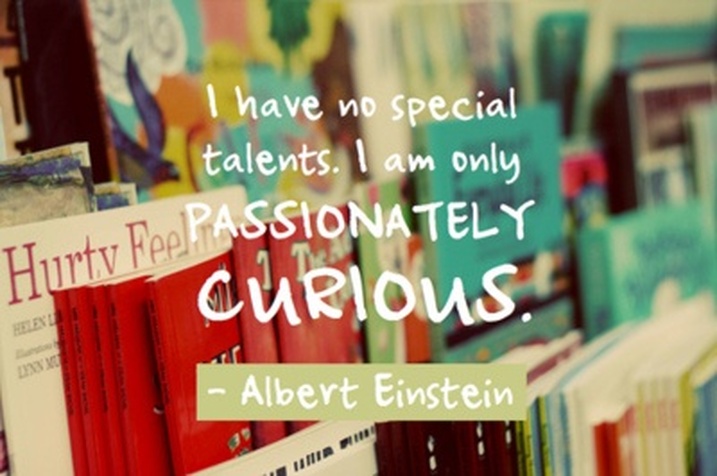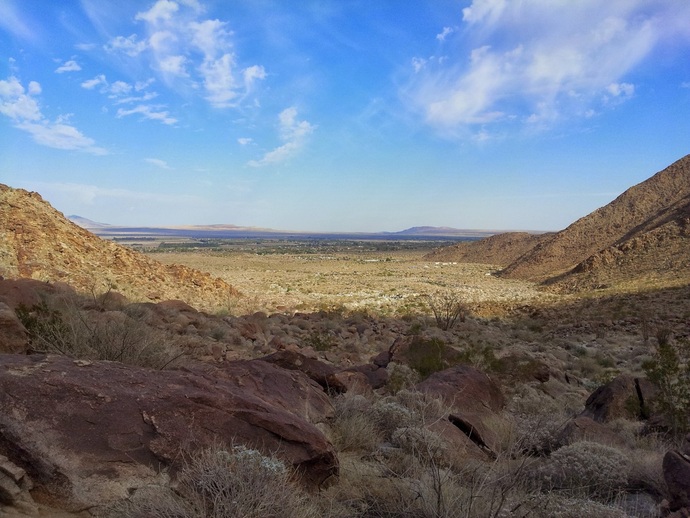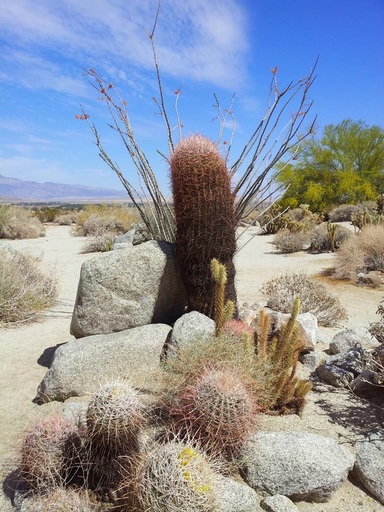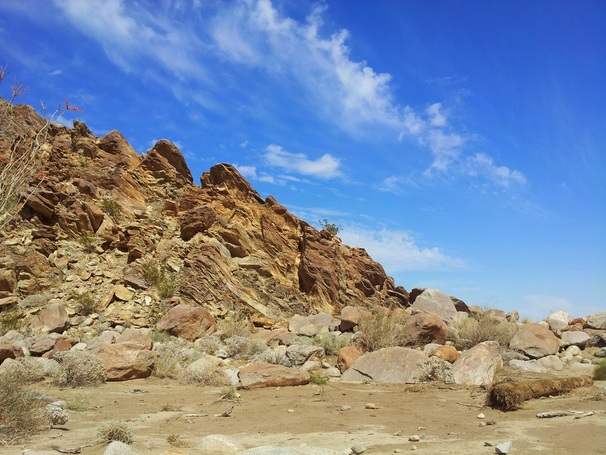
Passion is rare; curiosity is everyday.
Curiosity is therefore a lot easier to reach at at times than full-on passion — and the stakes are lower, easier to manage.
The trick is to just follow your small moments of curiosity. It doesn't take a massive effort. Just turn your head an inch. Pause for a instant. Respond to what has caught your attention. Look into it a bit. Is there something there for you? A piece of information?
For me, a lifetime devoted to creativity is nothing but a scavenger hunt — where each successive clue is another tiny little hit of curiosity. Pick each one up, unfold it, see where it leads you next.
Small steps.
Keep doing that, and I promise you: The curiosity will eventually lead you to the passion."
~Elizabeth Gilbert
I have spent so much time thinking that I needed to feel moved by passion to work on a project. I would get an idea, and feeling so emotional about it, throw myself in full force for hours at a time, even days, or weeks at a time. But inevitably, the passion would start to die away, and I spent less and less time on the project until it was often left unfinished. What was wrong? I would think. I had such passion, and now that the passion is gone, I don't feel like working on the project.
We tend to hear almost mythic-like tales about our favorite actors, artists, and musicians: that they were moved by passion to write the symphony, or that they were carried through the writing of a novel by feeling alone. It's enough to make you feel quite discouraged--if I can't sustain this kind of passion, how will I ever make anything? What am I do wrong?
It wasn't until I began reading several articles on creativity and motivation that a new question began to emerge. Should it be passion or practice that drives our creative work? Now don't get me wrong. You need to feel passionate about a project to want to begin. But I think it's a myth that artists wake up in the morning, always eager to get to work and vaulted along by inspiration. For me, some days of working on a project feel like trying to persuade a dog to go to the vet. The problem is, somedays I just don't feel like it. And I used to assume those days were not meant to be days I needed to work. But the idea is to develop a practice, one you return to again and again, when you feel the passion and when you don't.
I've learned that developing my practice has been more meaningful and productive than developing my passion. For me, this means setting aside 30 minutes a day and showing up to do the work, even on days when I don't feel like it. And it's amazing how much work gets done in these 30 minutes. It should be said that I do battle with my perfection monster during these brief sessions (see previous post on perfection here) who tries her best to discourage me. But our job as artists is to feel that tension and move forward anyway.
Don't let perfection affect your practice and don't be fooled into relying on passion alone. Practice doesn't make perfect, but it does lead to progress. Wishing you a good practice this week!




